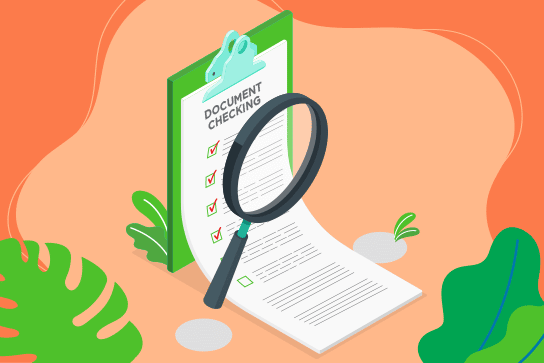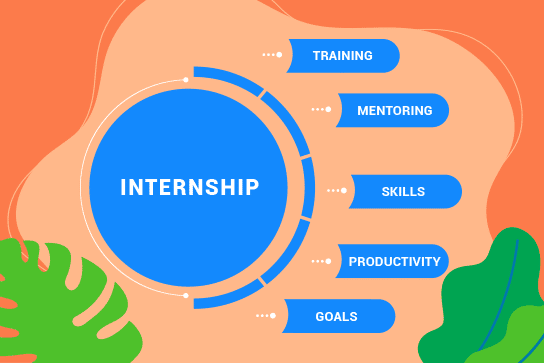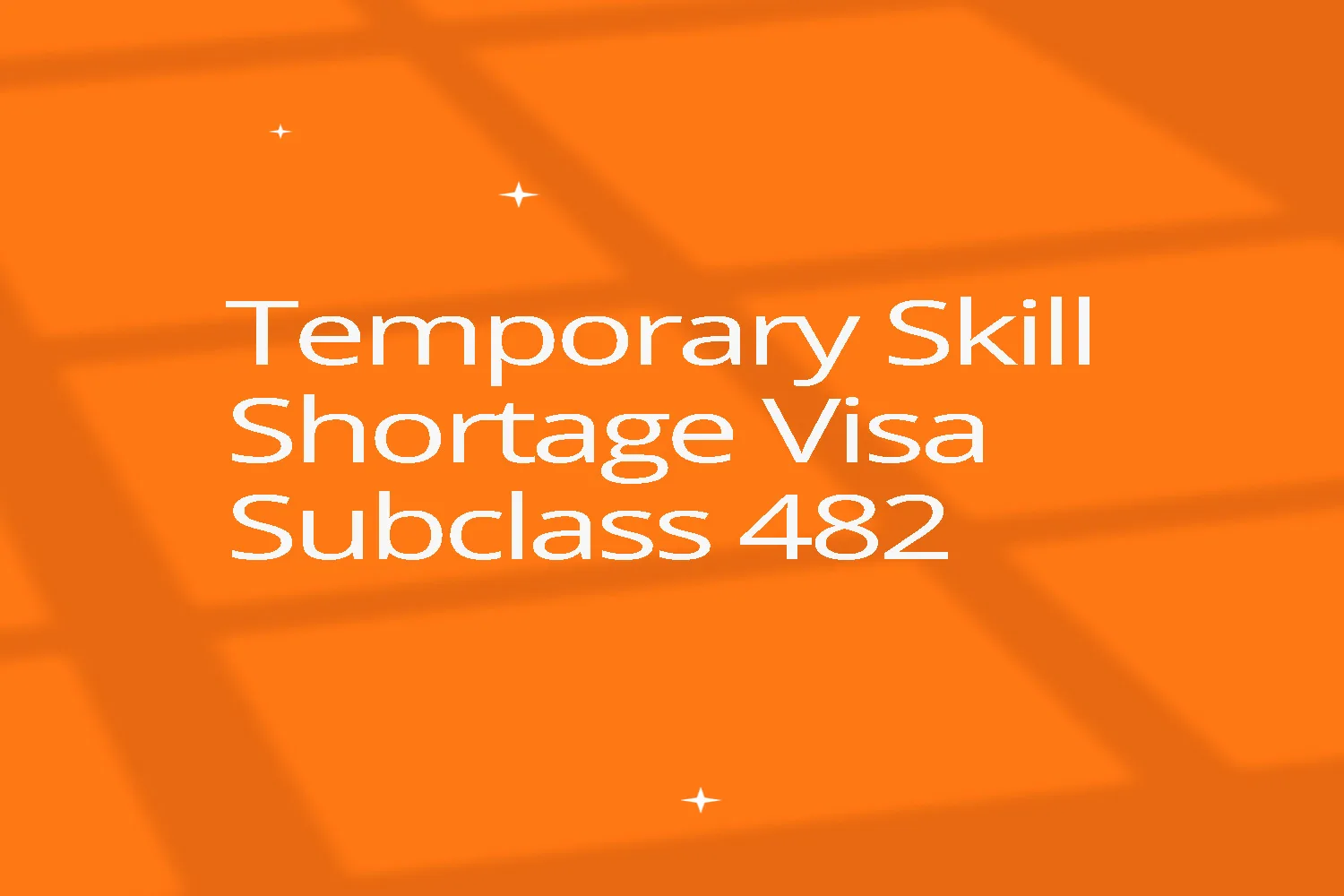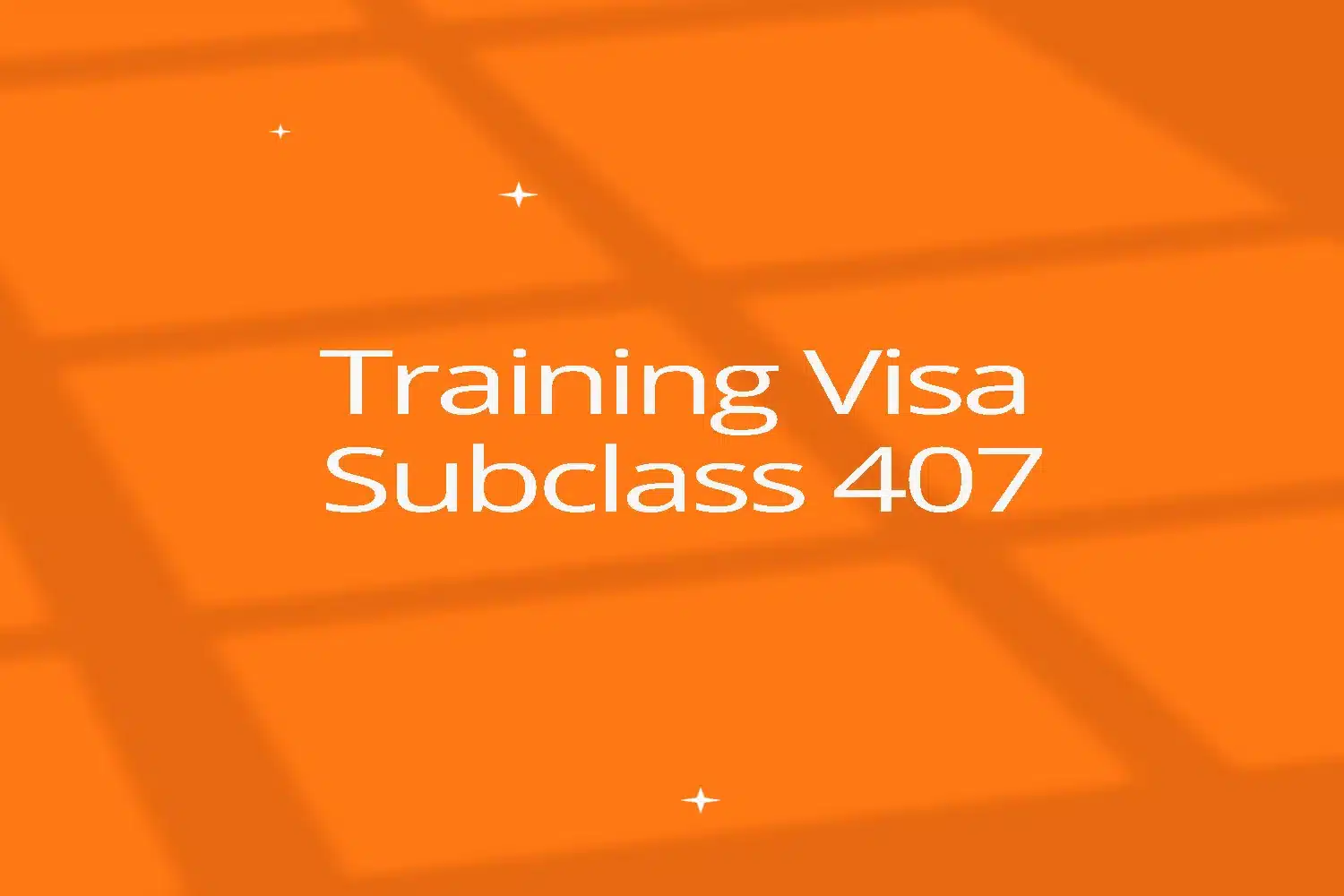ANZSCO 234514: Biotechnologist
Skill Level: 1 | Assessing Authority: VETASSESS (Group: A)
Job description
A Biotechnologist studies the anatomy, physiology and characteristics of living organisms and isolated biological molecules, and develops new materials for applying to a range of purposes.
Job Duties:
Highly relevant tasks include, but are not limited to:
- Studying micro-organisms, such as bacteria, fungi, yeast and their enzymes, and using the knowledge gained to create and develop new, and improve existing, products, materials and processes.
- Undertaking research projects, experimental planning, execution, report writing, publishing scientific papers and presentation of study outcomes to key internal and external stakeholders.
Additional relevant tasks may include:
- » Identifying cellular and developmental events that ensure continuity of life
- » Developing, optimising and validating diagnostic tools to rapidly detect diseases
- » Using bacteria, enzymes and other organisms for a range of industrial uses, including agricultural production, food production and waste removal
- » Conducting research and experiments in the field of genetic modification and biomolecular engineering, which involves altering the genetic make-up of plants and animals
- » Using biological engineering processes to create commercially useful biological products, such as biomaterials, chemicals or fuels
- » Using computational/bioinformatics tools to collect and analyse data in various fields such as biology, genetics, biochemistry, microbiology, biomedicine, pharmaceutical development, etc.
Occupations considered suitable under this ANZSCO code:
Specialisations:
- » Cell Geneticist
- » Molecular Biologist
- » Molecular Geneticist
- » Computational Biologist / Bioinformatician
- » Animal / Plant Biotechnologist
Employment Information
Biotechnologists work in a range of fields including in research laboratories and offices located within universities, research institutes and processing plants. This occupation covers biotechnology specialists from widespread areas such as medical, industrial, agricultural and environmental biotechnology as follows:
- Medical biotechnologists conduct scientific research and apply the research outcomes or biotechnology tools in pharmaceutical, non-clinical and clinical fields to enhance the patient quality of life. For example, they may be involved in developing or improving new medicines and vaccines, developing methods to detect, prevent and treat diseases, stem cell research and more.
- Industrial biotechnologists study the useful derivatives of living cells from various microorganisms, plants and animals and create new products. For example, they may work in production of antibiotics, hormones and vaccines.
- Agricultural biotechnologists develop and improve products and processes for agriculture. For example, they may be utilising genetic engineering tools to produce stronger crops, researching precision farming technologies and creating new bio-pesticides.
- Environmental biotechnologists conduct research combining biology and engineering to develop and use processes that remediate environmental contamination. For example, this may be utilizing microorganisms in waste treatment, conversion of plants into biofuel, developing bioplastics, etc.
Qualification
Skills Assessment of the qualification involves assessment of both the qualification level and content. Qualifications are assessed according to the guidelines published by the Australian Government Department of Education and Training.
This occupation requires a qualification assessed as comparable to the education level of an Australian Qualifications Framework (AQF) bachelor’s degree or higher degree and in a field highly relevant to the nominated occupation.
Highly relevant major fields of study include:
- » Biotechnology
- » Bioinformatics/Computational Biology
- » Gene Technologies
- » Molecular Biology and Immunology
- » Molecular Genetics
- » Cell and Developmental Biology
- » Environmental Biotechnology
Fields of study considered on a case-by-case basis if containing relevant subjects or underpinning studies in Biotechnology and supportive work experience:
- » Biostatistics
- » Microbiology
- » Life Science
- » Biomedicine
- » Biology
- » Chemistry
- » Physics
- » Genetics
- » Agriculture
- » Zoology
Criteria for a positive Skills Assessment
Please note in order to achieve a successful skills assessment outcome, a positive assessment for both qualifications and employment is required.
- This occupation requires a qualification assessed as comparable to the education level of an Australian Qualifications Framework (AQF) bachelor’s degree or higher degree and in a field highly relevant to the nominated occupation, and
- must have at least one year of highly relevant, post-qualification employment at an appropriate skill level completed in the last five years.
Source from: vetassess.com.au
Skill Assessment AssistanceProcessing Time
The full skills assessment process for this occupation will take between 8 and 10 weeks from the date you submit and pay for the application to VETASSESS. The time it takes to finish depends on how quickly VETASSESS get all of the required documents and any other information from you. Making sure you've given all the necessary documents in the right format will help cut down on the time it takes to process.
What will I get after the assessment?
When your application for a skills assessment is done, the assessing authority will send you an email with a soft copy of the skills assessment outcome letter.
The letter should contain the required skill level outcome, whether your qualification is assessed as comparable to the education level of an Australian Qualifications Framework (AQF) or not. Furthermore, it outlines the employment period that you have claimed and whether the evidence that you provided is met or not. If you meet both the qualifications and employment criteria for the skill assessment, you will get a positive result. If you don't, you will get an unsuccessful result.
Application Fees
The following table provides an outline of the fees that are charged by VETASSESS in accordance with it for the purpose of their service of full skill assessments for professional occupations.
| Application Fees – Full Skills Assessment | |
| Applicant is a resident of Australia for tax purposes* (fee includes GST) | AUD $1,177 |
| Applicant is NOT a resident of Australia for tax purposes*(fee excludes GST) | AUD $1,070 |






